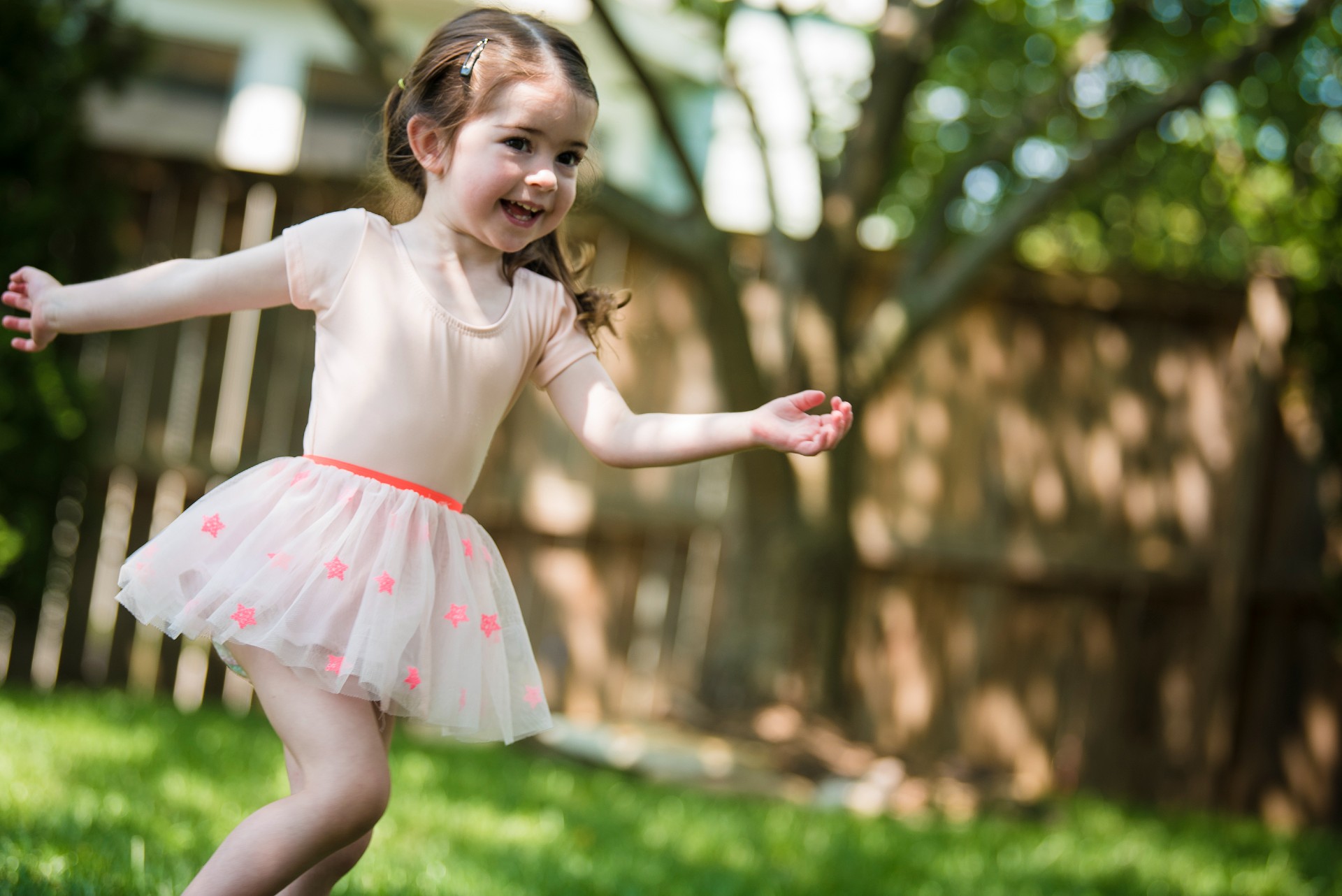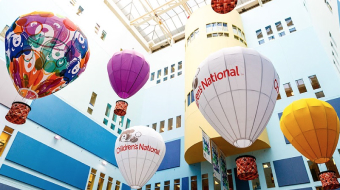
Balance and Vestibular Program

Our Providers
Our pediatric specialists provide personalized care for your child’s physical, mental and emotional health needs.
Contact Information
To make an appointment, please call 1-888-884-BEAR (2327). For information, call 202-476-5600.
As one of a few pediatric vestibular and balance programs in the country, our highly specialized program can:
- Identify your child's vestibular and balance condition
- Correct the vestibular and balance dysfunction
- Minimize your child's symptoms
- Promote overall wellness
Choosing Children's National for Balance and Vestibular Care
We understand that vestibular testing and treatment is at the forefront of innovation for pediatric audiology, which is why we can ensure that your child will receive the best possible care for their condition.
Highlights of our program include:
- State-of-the-art technology. Children’s National has the most innovative technology available for pediatric vestibular testing. This allows us to not only determine the exact cause of your child’s condition, but we are better equipped to provide targeted, precise rehabilitation for your child.
- Multidisciplinary team. Our team works together to support the patient and their family through. Meet the team.
- Tailored care plans. We conduct comprehensive evaluations in order to develop individualized care plans with specialized treatments, which include vestibular rehabilitation therapy (VRT), medication or surgery.

Understanding Pediatric Vestibular Testing
Your child's body has two centers for balance control. One is located in the brain (central system) and one in the inner ear (peripheral system). The part located in your child's inner ear is called the vestibular system and it is comprised of the semicircular canals, the utricle and the saccule.
In a vestibular testing appointment, our team will run a series of tests to determine the root cause of your child’s dizziness or imbalance. Since your child’s vestibular system will be stimulated during testing, we ask that you avoid food or drink up to one hour prior to the appointment time.
Calorics Test
Hearing Test
Posturography Test
Positionals Test
Rotary Chair Test
Visual Function Test
Conditions We Treat
Understanding your child's condition is an important step on your treatment journey. Learn more about causes, symptoms and diagnosis for a variety of conditions, as well as unique treatments and research being performed at Children's National.
Additional Contact Information
For more information about the Balance and Vestibular Program, please email Tracey Ambrose, AuD, CCC-A, F-AAA, or call 202-476-5600.
Rehabilitation Process
Vestibular rehabilitation focuses on addressing your child's functional limitations and participation restrictions due to their vestibular dysfunction. During the rehabilitation process, we will focus on exercises that improve function and promote the use of your child's vestibular system as well as compensatory exercises for safety during your child's recovery.
Children’s National addresses vestibular rehabilitation in a novel way with both traditional vestibular rehab exercises in natural environments and an immersive virtual rehab experience with our Bertec CDP. This approach allows for more specific training exercises which will help improve your child's results.
Locations

Main Hospital
- Specialty Care
- Emergency Care
Resource
Referral Guidelines
Our program may be helpful for providers with patients that are experiencing true vertigo symptoms, balance problems, reading difficulties, frequent falls and poor coordination. Learn about when to refer a patient.



